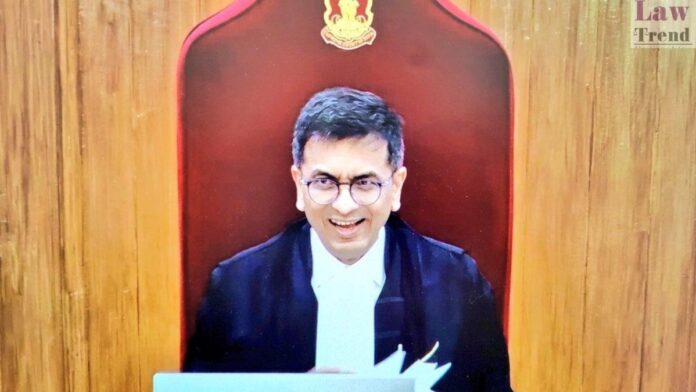In a solemn ceremony held on Monday, November 11, Justice Sanjiv Khanna took oath as the 51st Chief Justice of India (CJI), marking the beginning of a new chapter in the apex court’s history. Justice Khanna succeeds Justice DY Chandrachud, who retired last Friday after a distinguished tenure.
Justice Chandrachud, in his parting address, expressed a deep sense of satisfaction with his service, stating, “I won’t be able to deliver justice from tomorrow, but I am content.” He also extended an apology, seeking forgiveness if he had inadvertently hurt anyone during his time in office.
Post-Retirement Benefits for Former CJIs:
As Justice Chandrachud steps down, he, like other former Chief Justices, will enjoy several post-retirement benefits which have recently been enhanced to better reflect the status and contribution of CJIs after their tenure.
1. Security and Accommodation:
– Enhanced security measures include round-the-clock security at their residence, along with a personal security guard available 24/7 for five years post-retirement.
– Additionally, a retired CJI will receive six months of rent-free Type-VII accommodation in Delhi, similar to facilities provided to sitting MPs who have served as Union ministers.
2. Domestic Facilities:
– Lifetime entitlements include domestic help and a chauffeur, ensuring that their household needs are comfortably met without hassle.
3. Airport and Communication Perks:
– Access to ceremonial lounges at airports has been extended to include not just active but also retired Supreme Court justices.
– Communication benefits encompass a free residential telephone and reimbursements for usage on various services like mobile phones and broadband, capped at Rs 4,200 per month, plus applicable taxes.
These benefits aim to uphold the dignity and stature of the office, even after the judges have retired, recognizing their service to the nation and the judiciary.




